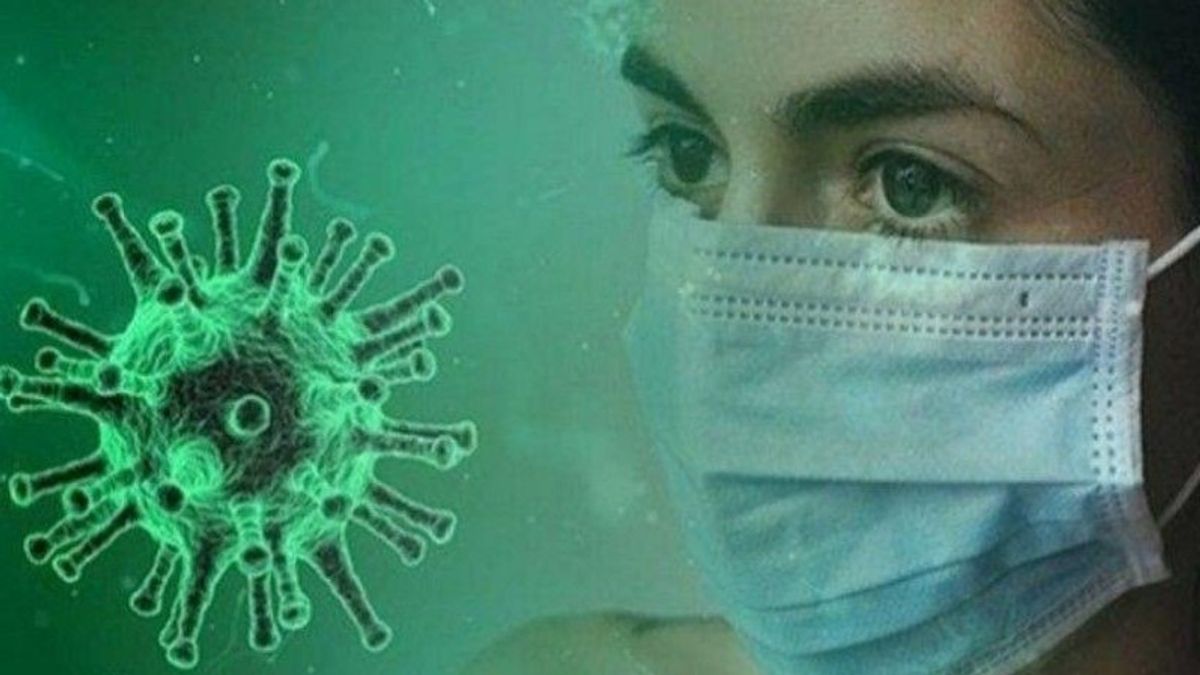JAKARTA - Consultant pediatrician, infectious disease and tropical pediatrics, Prof. Dr. dr. Hindra Irawan Satari, Sp.A(K), M.Trop.Paed from the Faculty of Medicine, University of Indonesia reminded parents that they need to be prepared for the possibility of a long COVID-19 in their children. COVID-19. So after recovering, the next month he will check with the doctor," said Hindra during an online discussion on Thursday, March 10. Hindra explained that long COVID-19 is very likely to occur in children who have a history of infection with the SARS CoV-2 virus, with at least one symptoms persist for at least 12 weeks after the results of the first swab test and no other diagnosis was found. These symptoms, continued Hindra, had an impact on daily activities and lasted a long time or came and went repeatedly. Hindra also suggested one month after being declared negative from COVID-19, the child is taken to the doctor to be checked to see if he has long COVID-19. an. It is hoped that the doctor can immediately diagnose and treat him so that he will recover quickly," added Hindra.
The symptoms of long COVID-19 in children, said Hindra, could be different. Some just experience shortness of breath, some feel weak continuously. Hindra also gives some tips to prevent children from experiencing long COVID-19, including making sure children get enough rest and always in a room with good air circulation to reduce the density of the virus. "The child's immune system is immature, still vulnerable. He needs rest, needs enough sleep, needs support. This can make him fully recover and not experience long COVID-19," said Hindra. In addition, Hindra also reminded the importance of food intake. food with balanced nutrition, sunbathing to get natural vitamin D from sunlight, and vaccinating if the child is 6 years old. As for children under five who have not been vaccinated, Hindra who now practices at Pondok Indah Hospital said the importance of support from people around him to continue to adhere to health protocols well. "Toddlers live at home. So the risk of exposure is from other people, right? is not at home. For this reason, people who are at home must not carry the virus, must vaccinate, do not travel that is not important, continue to maintain health, so as to reduce the risk of infection in children who are at home," he said.
The English, Chinese, Japanese, Arabic, and French versions are automatically generated by the AI. So there may still be inaccuracies in translating, please always see Indonesian as our main language. (system supported by DigitalSiber.id)













